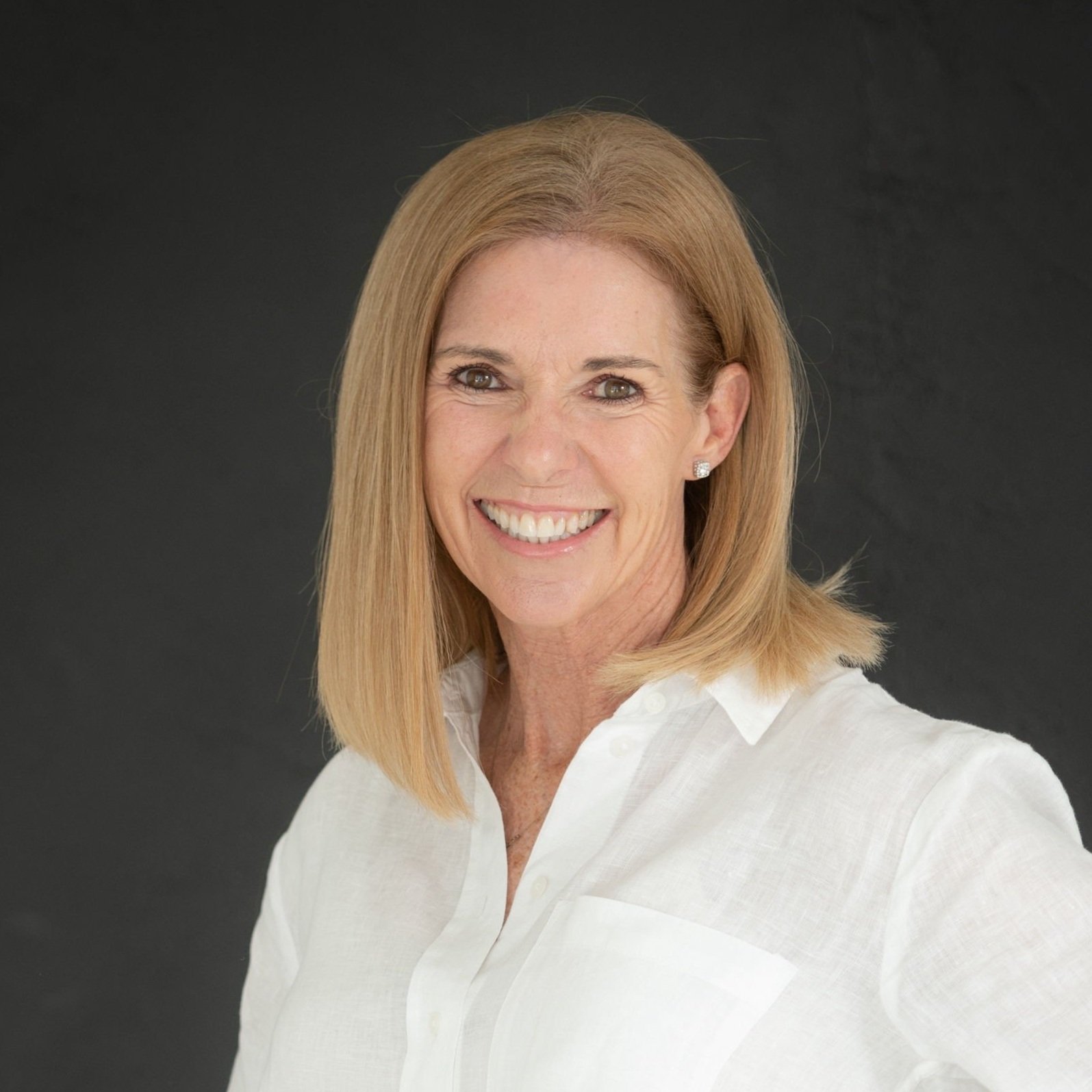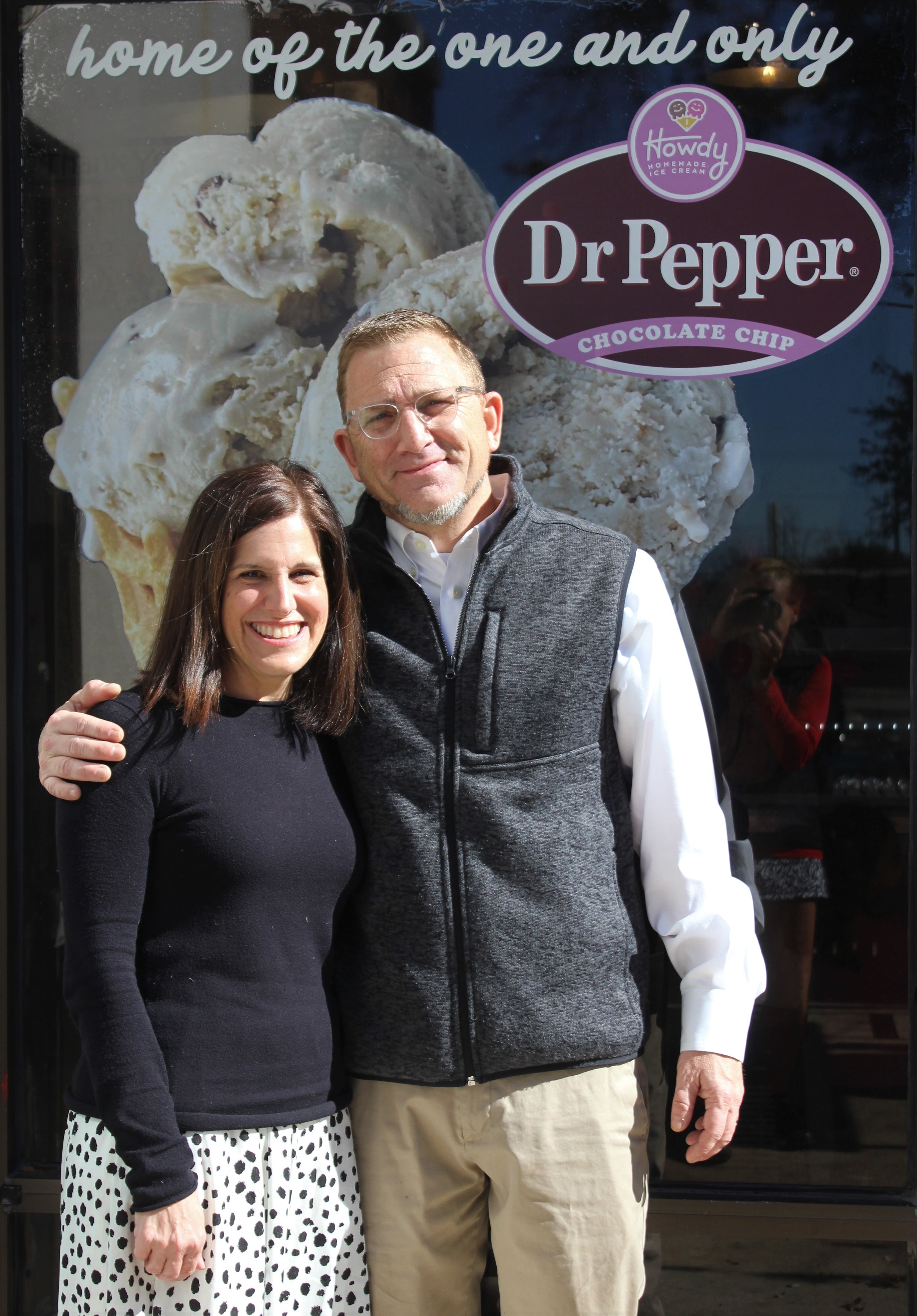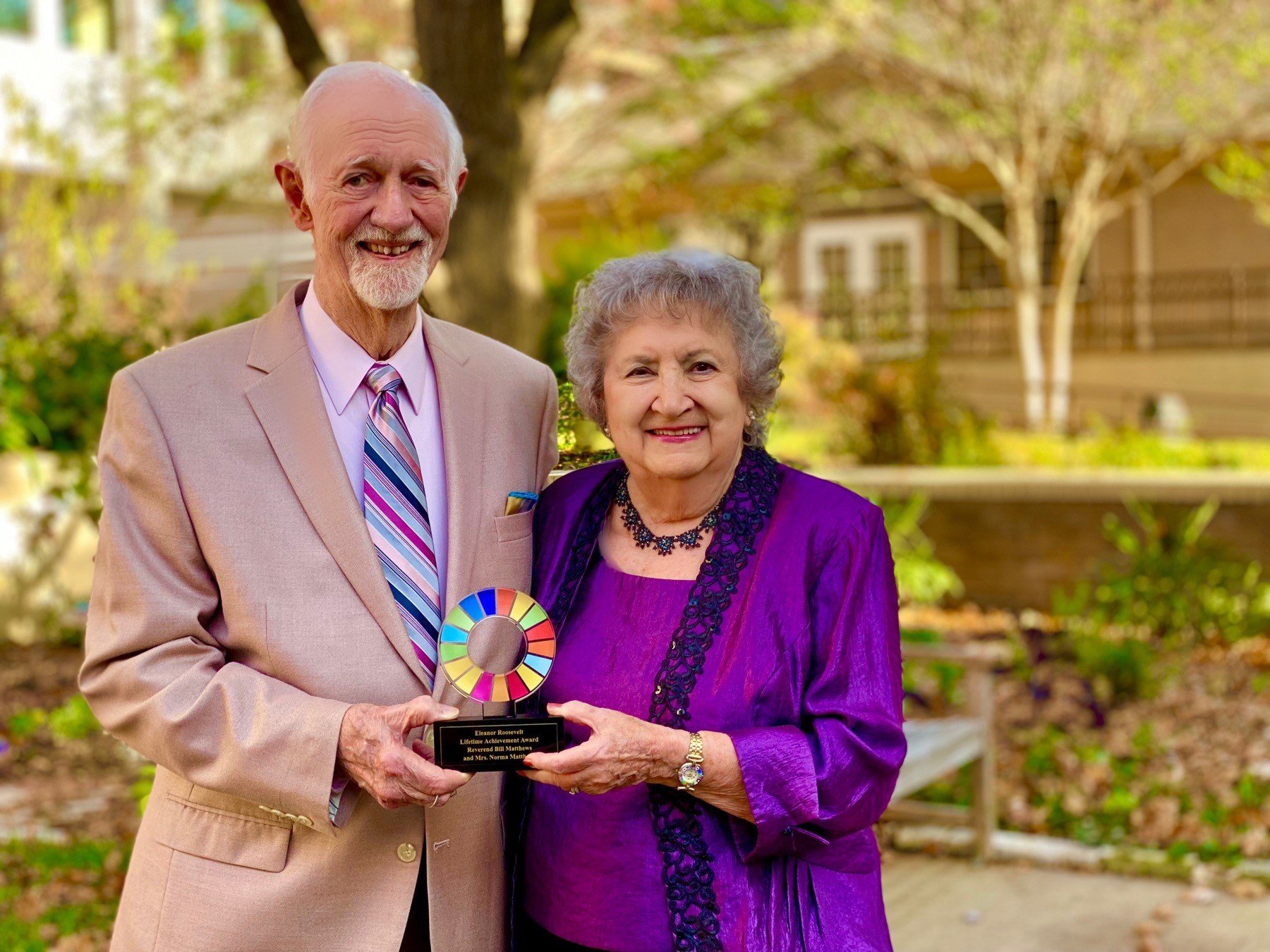Story by Jan Osborn. Photos courtesy of Grow Garden Grow.
After 22 years of teaching, Kim Aman was known as an unconventional educator—bringing teaching methods straight from the garden to the classroom. Growing up in Ohio as a seventh-generation farmer, Kim found her passion in nature and growing food. As a teacher when it came time to teach math, Kim would take the kids outside and measure the perimeter of the garden beds. For social studies, she would teach the history of plants, food and nutrition. PE became a yoga class. Kim realized that every single lesson could be taught outside. When Moss Haven Elementary School (MHE) in Northeast Dallas decided to create a garden in 2012, the school naturally turned to Kim.
Kim Aman with students at Moss Haven Farm.
Moss Haven Farm exists to cultivate a respect for the earth and food-growth process in their students. Their vision is that they will develop a lifelong interest in responsible environmental practices, seek to live a healthy lifestyle, and cultivate a passion for giving back to the community. The program also seeks to spark positive growth in students’ families and community.
When the program began in 2012, it was brought to Kim’s attention that The American Heart Association (AHA) had recently begun a Teaching Gardens Network to work with schools and educational facilities interested in connecting children to gardens, addressing food access concerns in their neighborhoods, supporting health, nutrition, and environmental stewardship. The AHA had no Teaching Gardens in Texas and MHE would be the perfect partnership. MHE received a grant from AHA and the gardens at Moss Haven Farm were launched. “When we got started I was still teaching so it was an afterschool program,” Kim says. “The first year, 24 kids participated in the program. By the second year, there were 87 kids and 220 kids participated in the third year.” As Kim found herself taking sick days from teaching to work in the garden, she decided to retire from the classroom and work full time in the garden. After working closely with the AHA, Kim was asked to write a curriculum for the AHA Teaching Garden Program in partnership with Whole Kids Foundation and her curriculum guide is available online for prekindergarten through fifth grade. The seeds sown on a simple grassy patch in March 2012 have now grown to 23 raised beds, a farm field, and chicken coop. Moss Haven Farm has been recognized as an American Heart Association Teaching Garden and has been awarded United Way’s Healthy Zone School.
Kim realized that she wanted to do more and found opportunities to get involved with other schools in Richardson Independent School District and was awarded a grant from the Texas Department of Agriculture. This grant helped establish school garden programs in low income schools that did not have robust PTAs to support the program. Kim then applied for the USDA Farm to School grant with Grow North Texas, a nonprofit that works to connect North Texans to food, farms, and community in order to create a sustainable, secure regional food system that enriches the land, encourages economic opportunity through food and agriculture, and provides equitable access to healthy, nutritious food for all residents. Grow Garden Grow, Kim’s new organization was awarded the grant enabling them to fund gardens for six schools, three in Richardson, one in Garland, and two in the Dallas Independent School District that are located in a food desert. Kim says, “We were awarded the USDA grant, and received over $50,000 in grant funding for these six schools. Then the Dallas County Health Department granted money for John Neely Bryan Elementary School and Elisha M. Pease Elementary School to grow food forests.”
Kim realized that she would need volunteers to help with these garden projects. It was then that Libby Henry reached out to Kim to enlist the help of the Young Men’s Service League (YMSL) to help. YMSL is a national nonprofit which pairs boys and their moms for service projects and leadership opportunities. Kim needed a large number of volunteers to help revitalize two gardens in one weekend. “We quickly decided it would be a good fit,” said Libby. “Trey (her son) and I chose to do YMSL because of the opportunity to serve in our community together. YMSL has opened up so many different volunteer opportunities that have allowed us to see how we can make a positive impact in our community. The garden project was such a unique experience because we were able to see such a big transformation in just one weekend.”
Trey Henry (left) and friends planting trees at John Neely Bryan Elementary School.
Realizing that the school is located in a food desert, the YMSL chapter decided to help refurbish and expand the gardens at the schools. More than 130 young men and their moms from Lake Highlands gathered at John Neely Bryan Elementary School and at Elisha M. Pease Elementary School on a Saturday and Sunday afternoon in October to enhance the appearance of the schools.
One of the lessons that Kim hoped the YMSL would take away from this experience was to understand the meaning of a food desert. In the Food Desert Locator developed by USDA’s Economic Research Service, a food desert census tract is defined as a low-income tract where a substantial number or substantial share of residents does not have easy access to a supermarket or large grocery store. Both schools are located near I-45 and Loop 12, limiting access to grocery stores within three miles.
“My goal is to get a garden in every school in Texas,” Kim said. She has been going to the legislature and various nonprofit organizations to make this a reality. Kim goes on to say, “I want to give kids a reason for what they are doing.” Kim hopes that these boys will help plant fruit trees not just in school gardens but on their own property.
Kim founded Grow Garden Grow in 2020 to provide a dynamic group of certified educators for school gardens. Kim and her team have a wide understanding of how children learn, how schools operate, and the importance of connecting academic objectives to all that we do. Grow Garden Grow utilizes a cross-curricular methodology, working with garden leaders, teachers, administrators and school districts to bring real world, experiential learning to life, through hands-on lessons in the garden. Gardens grow healthy kids, healthy environments and healthy communities. To learn more about Grow Garden Grow, visit growgardengrow.org.
Featured
More Good Stories
Featured
When Kathy and Larry Helm heard about The Senior Source’s 60th Birthday Diamond Dance-Off, they knew they had to put on their dancing shoes! For the Helms, this event combined two of their passions into one. Celebrating and supporting The Senior Source, a Dallas-area nonprofit that has been serving older adults for 60 years, and dancing together, which they have been doing since they were high school sweethearts. Both Kathy and Larry have chaired the board of directors of The Senior Source and have been proud supporters since 1998. It seemed only fitting they should be voted into the finals to dance on stage at Klyde Warren Park this past summer.
In 2020, more than 912,000 women were diagnosed with some form of cancer in the United States alone. During that same pandemic year, countless medical appointments were canceled while people were social distancing, and yet still each day nearly 2,500 women heard the news, “you have cancer.” There is no doubt that these words can be crushing to hear, but what’s equally crushing is the lack of tangible, encouraging support that exists to help women feel beautiful, strong or “normal” before, during and after cancer treatment.
When Tom Landis opened the doors to Howdy Homemade in 2015, he didn’t have a business plan. He had a people plan. And by creating a space where teens and adults with disabilities can find meaningful employment, he is impacting lives throughout our community and challenging business leaders to become more inclusive in their hiring practices.
Have you ever met someone with great energy and just inspired you to be a better you? Nitashia Johnson is a creator who believes by showing the love and beauty in the world it will be contagious and make an impact. She is an encourager and knows what “never give up” means. Nitashia is a multimedia artist who works in photography, video, visual arts and graphic design. Her spirit for art and teaching is abundant and the city of Dallas is fortunate to have her in the community.
The United Nations Association Dallas Chapter (DUNA) honored Rev. Bill and Norma Matthews for their ongoing commitment, helping advance the United Nations Sustainable Development Goals agenda by promoting peace and well-being.








